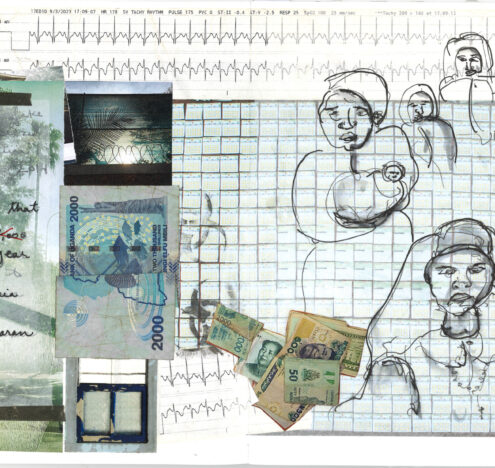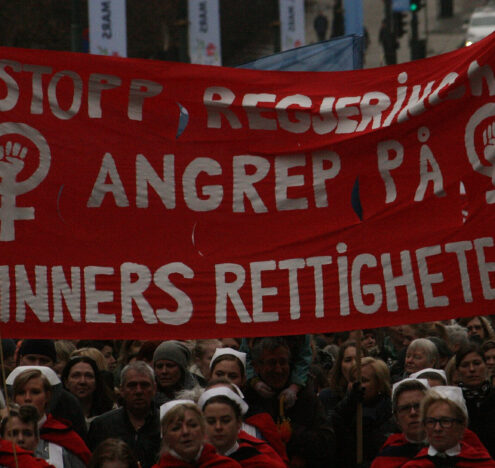This analysis was featured in Critical State, a weekly newsletter from Inkstick Media and The World. Subscribe here.
Last week, this column explored how wartime traumas shape the political lives of civilians who suffer them for decades after. This week, we’ll turn to new evidence on the effect of conflict on civilian consumer behavior among people living long after the conflict ended.
A recent paper by social scientists Vasiliki Fouka and Hans-Joachim Voth tracks the relationship between resentment among Greek consumers toward German carmakers during the Greek sovereign debt crisis of 2009-2014, and the actions of the German military during its World War II occupation of Greece. In contrast to last week’s paper, which was interested in how particular people who suffered state violence reacted to the trauma, and how their families absorbed and recreated those reactions, Fouka and Voth focus on what they call the “institutionalization of collective memory” as the throughline that keeps the wounds of the 1940s fresh enough to reopen in the 21st century.
First, the data. Fouka and Voth tracked down a record of car registrations in Greece during the debt crisis that allowed them to figure out the company that produced each car bought by a Greek in that time frame. Then they used a survey of press mentions to measure the overall level of tension between Greece and Germany at various points during the crisis. Germany, Europe’s most stable economy in the crisis period, held a great deal of leverage over Greece and other less stable economies, which it used to demand austerity policies that many Greeks deeply resented.
It didn’t matter whether the car buyers were suffering more or less from the economic crisis — the sudden move away from German cars took place regardless of buyers’ financial situation.
Finally, the researchers used historical sources to pinpoint Greek towns where, during the occupation, German soldiers had victimized civilians as reprisals for attacks by Greek partisans. Within that list of 396 towns that experienced reprisals, some have been designated by the Greek government as “martyr towns” because they suffered so much during the war. Fouka and Voth used the martyr town designation, as well as other public monuments to civilian victimization during the war, to identify areas where awareness of wartime traumas are particularly high.
Fouka and Voth found that, as political tensions between Greece and Germany rose, Greeks in general were less likely to buy German cars. More interestingly, they found that most of the decline in demand for German automotive engineering came from areas that had experienced German atrocities during the war. It didn’t matter whether the car buyers were suffering more or less from the economic crisis — the sudden move away from German cars took place regardless of buyers’ financial situation.
In addition, if you were a Volkswagen dealer in a town with a martyr designation, you were especially out of luck. In those towns, the backlash against German cars was even greater than in areas that had suffered reprisals during the war but had not been designated. You might argue that the difference comes not from the public recognition but from the fact that martyr towns suffered particularly horribly during the war, making the trauma more durable. That may be true in part, but when Fouka and Voth expanded their data to look at non-martyr towns with public memorials or remembrance rituals commemorating German atrocities, those towns also saw significant drops in German car demand.
In all, the more public awareness there was of German atrocities in a town the 1940s, the less likely those town’s residents were to buy German cars in the 2010s. Memory of conflict, it seems, can drive broad consumer behavior for generations, so long as resources are dedicated to keeping the memory of the conflict alive. Even beyond the victims of wartime atrocities and their direct descendants, the traumas of war remain long after peace ostensibly arrives.





















